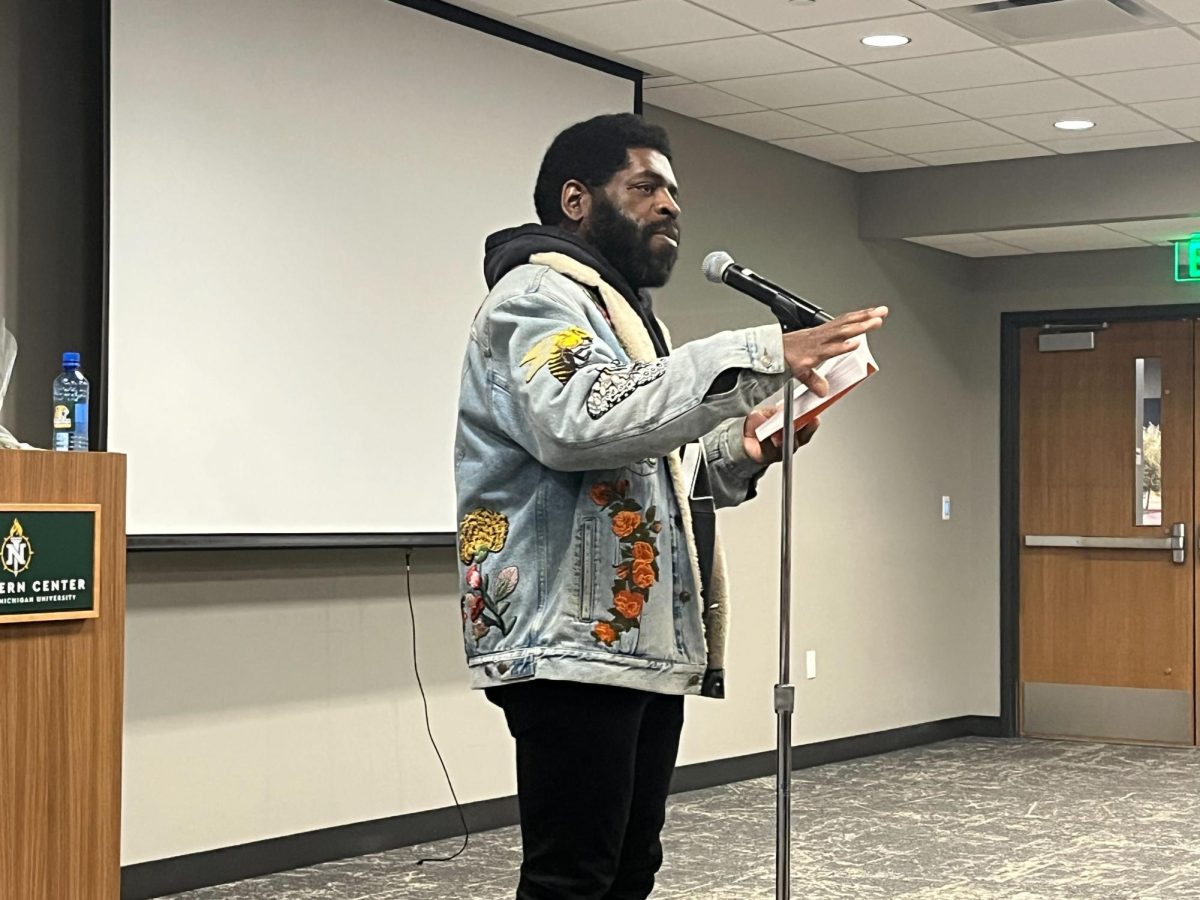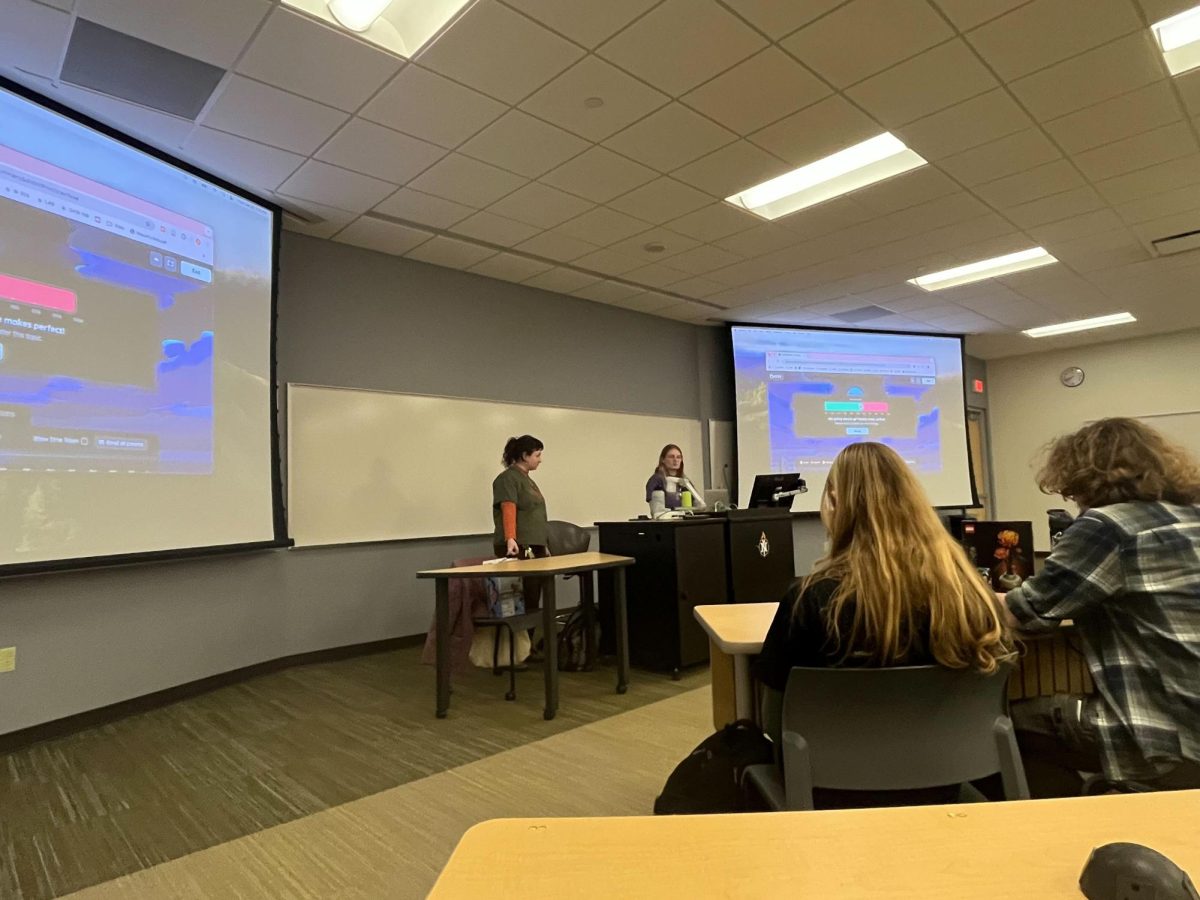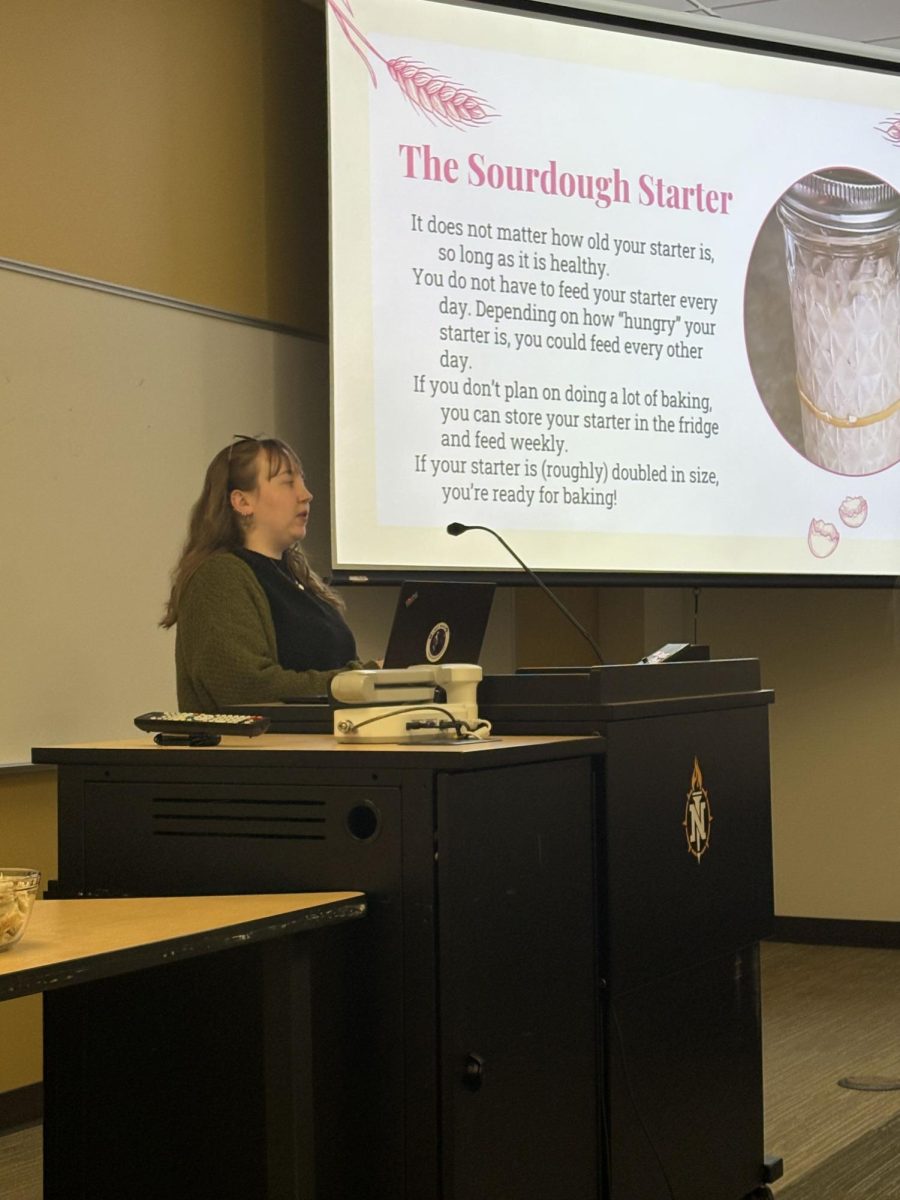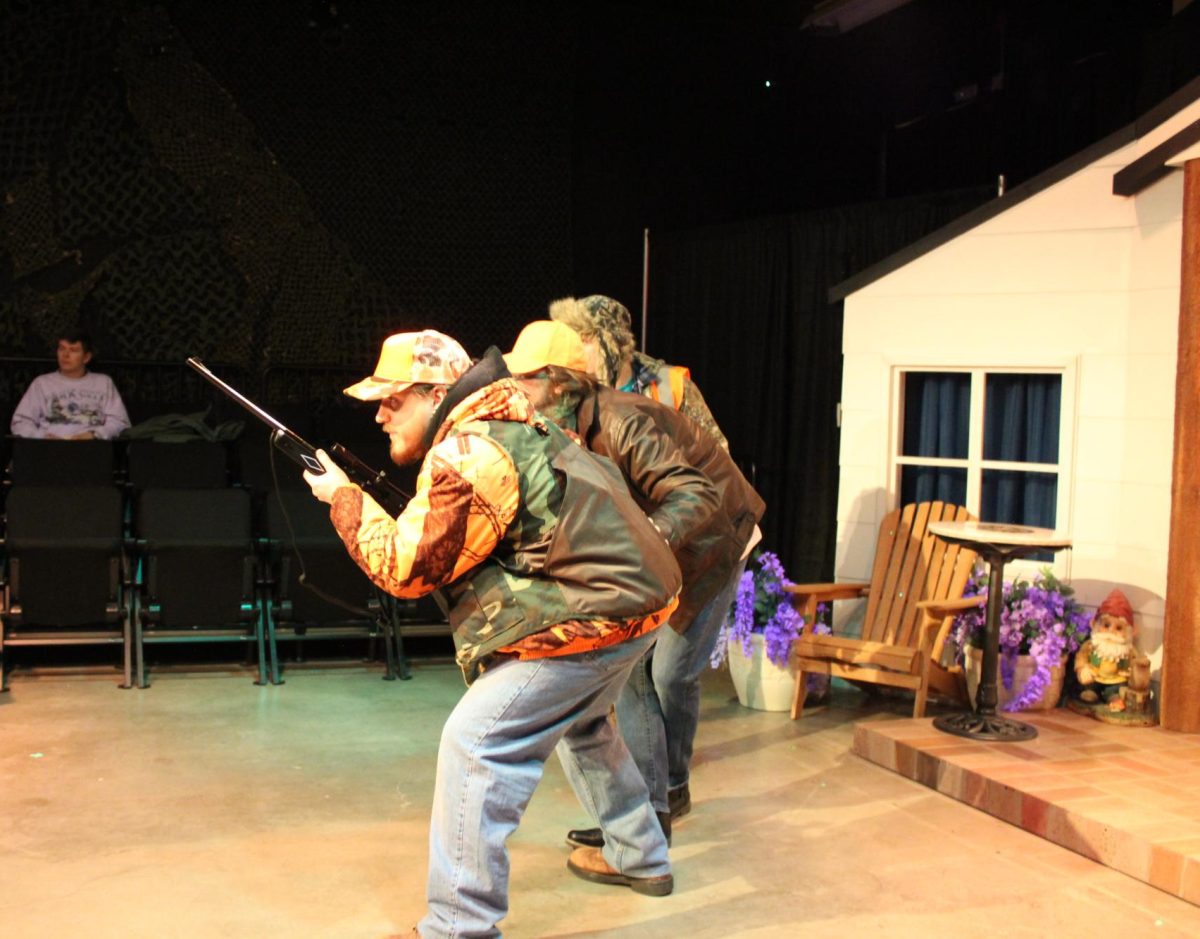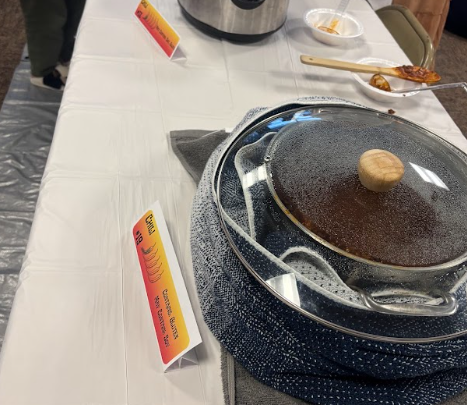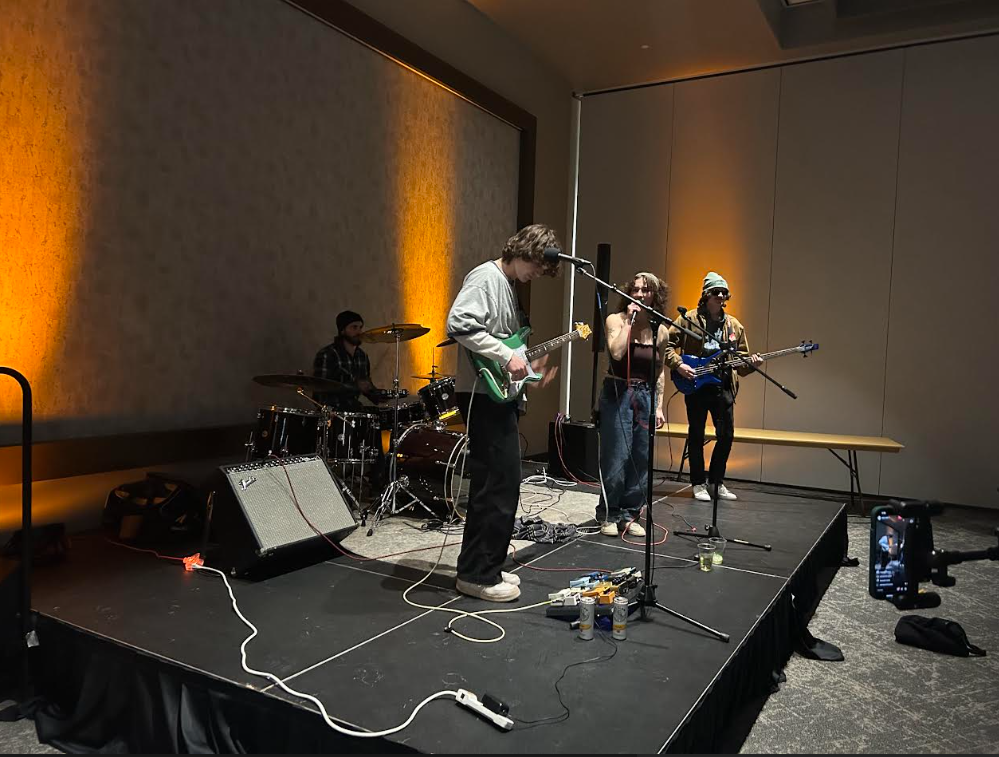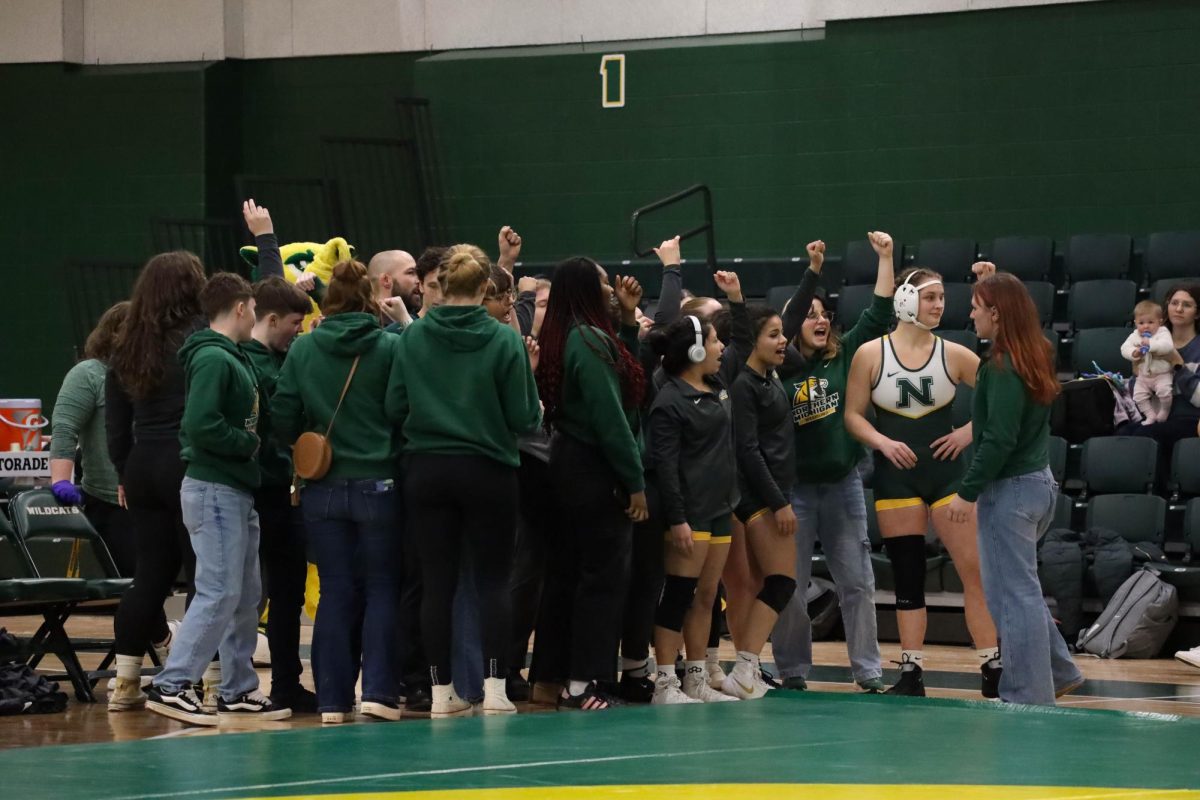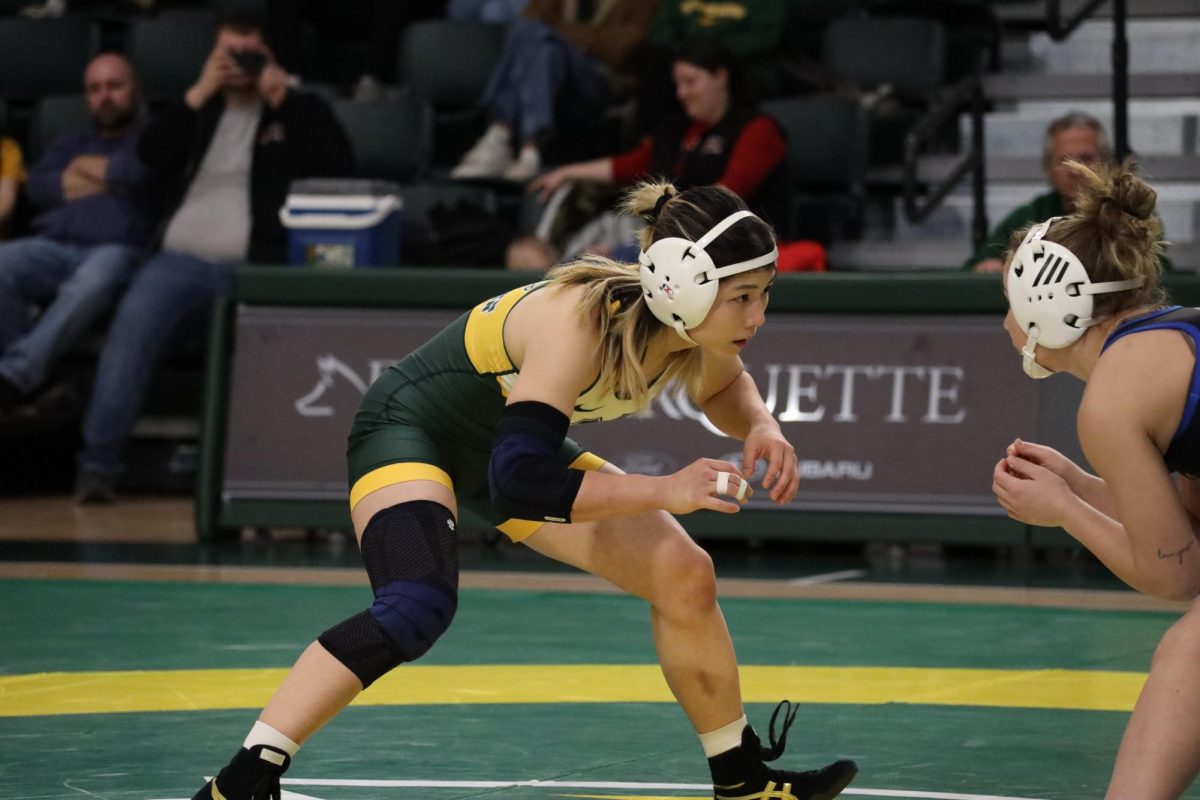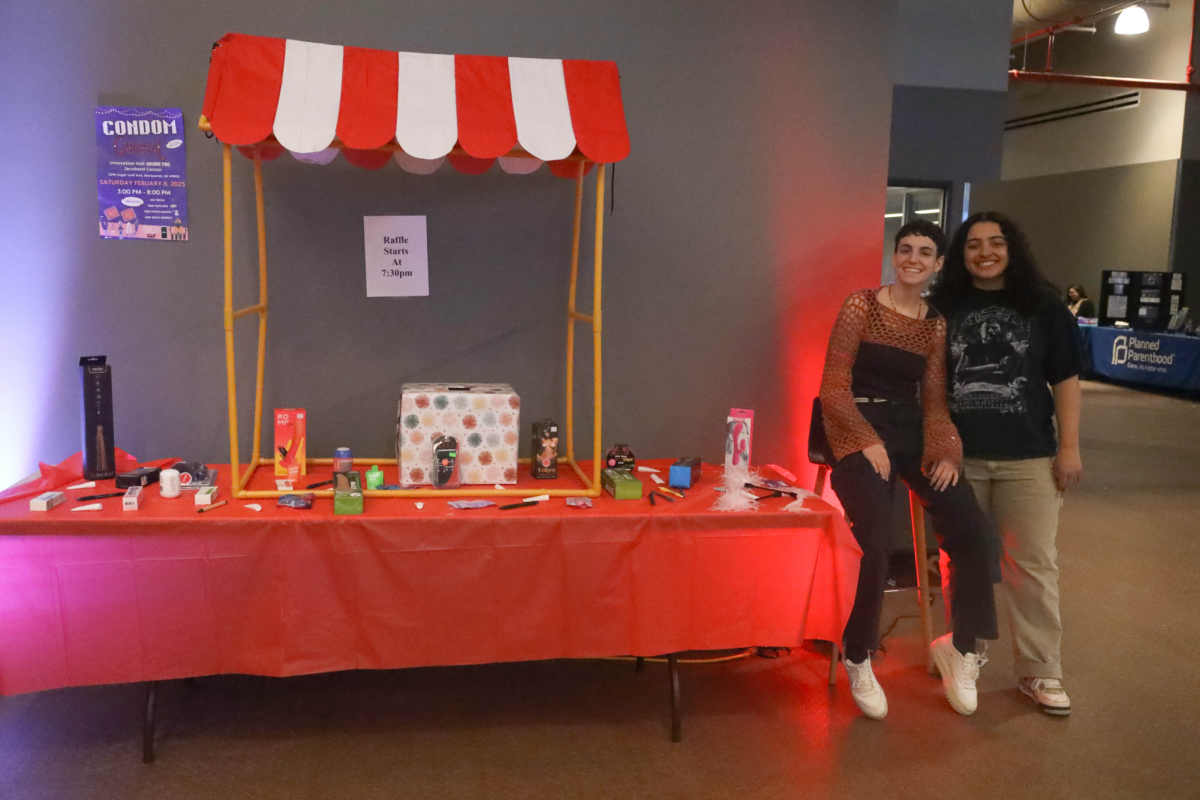Oral arguments will be heard June 29, 2015 in a First and Fourteenth Amendment lawsuit filed by The North Wind adviser and managing editor against the student paper’s board.
The lawsuit, Reed et al Vs. Neiheisel et al, challenged the actions of the five as a quorum of the board for unconstitutional acts under the First and Fourteenth Amendment of the United States Constitution, stating that their actions were an attempt to silence the press in retaliation to the coverage of The North Wind during the 2014-15 academic year.
The defendants are Steven Neiheisel, vice president of enrollment and student services, Chairperson Aubrey Kall, Troy Morris, Eric Laksonen and Pearl Gaidelis, all of whom voted down the reinstatement of Reed as adviser for The North Wind, and against Williams receiving the position of editor in chief. He was the only applicant at the time.
“I’m looking forward to having a judge hear those issues,” Reed said.
In October 2014, The North Wind requested documents to investigate contracts the university had with Starbucks and Stone Creek Coffee. The paper initially requested the contracts, but were told to use the Freedom of Information Act to obtain documents from the university. Between October and Reed’s ouster in April the paper also investigated sexual assault statistics, administrative emails and spending by the university’s Board of Trustees. The student journalists of The North Wind showed interest in investigative journalism, something Reed demonstrated expertise in during her hiring process.
“I did a whole class on FOIA’s and how to do FOIA’s on campus,” Reed said. “They loved it, the students loved it.”
When asked about student journalism, Reed said that with professional coverage shrinking, students fill a void where vibrant journalism used to be. This often requires reporting hard news stories. University spokesperson Derek Hall said he held student journalists to the same standard as any community news source.
“That was pounded into my head years ago,” Hall said.
Over the 2014-15 Academic year The North Wind won more awards than any other full 12-month period since 2006. Reed received excellent reviews in evaluations from the English Department that hired her and the editorial staff of the paper she advised, but was voted by the governing board on April 3, 2015 during a closed session to not retain her as faculty advisor.
Neiheisel requested student board members to meet with him privately just days before the board’s first meeting of the Winter semester. Board member Mary Malaske told The North Wind that she felt Neiheisel tried to influence her attitude towards the paper’s desire to pursue investigative stories and toward Reed as adviser.
“[Neiheisel] brought up Cheryl [in a Jan. 14 private meeting],” Malaske told The North Wind in April. “Cheryl being the new adviser, and coming from investigative journalism and coming from Chicago, it was very clear, in my personal opinion, I am pretty sure it has been his plan to get Cheryl Reed fired.”
In voting against the retention of Reed as faculty advisor the lawsuit alleges that the defendants veered away from established procedures in The North Wind Bylaws, which provides no authority for the Board to initiate the removal of an advisor. The English Department, Board and editorial staff are traditionally part of the advisors’ selection process. During the April 3 meeting, the Board required members of the editorial staff in attendance to leave while Reed’s position was discussed.
“I won’t speak for the board, but I will represent the administration.” Hall said. “The advisor is there to advise and teach the students.”
The lawsuit alleges that during the executive session closed to the public, board members indicated displeasure with the content and viewpoints published in The North Wind. Troy Morris stated a desire for Reed to edit the newspaper, something that would violate a student papers’ First Amendment rights. Eric Laksonen said that the Board did not have problems with The North Wind the previous year and that the only aspect that was different was Reed as advisor.
Former Editor in Chief Emma Finkbeiner cited the Boards lack of experience in a newsroom or the field of journalism as one reason behind the ongoing conflict. As a new board member Finkbeiner said her experience as part of the paper’s staff will help provide perspective to the rest of the Board.
“It always bothers me that people misunderstand her role,” Finkbeiner said. “We the student journalists who work for the student paper made the decisions, Cheryl offered advice. She was an asset to the staff.”
The suit will be heard at the United States District Court for the Western District of Michigan, June 29, 2015. Central to the dispute will be a decision over the constitutional rights of Reed, Williams and other student journalists.
“I hope for the best outcome, it’s what anyone can hope for,” Reed said.
Defendants in the lawsuit declined to comment for this article.

